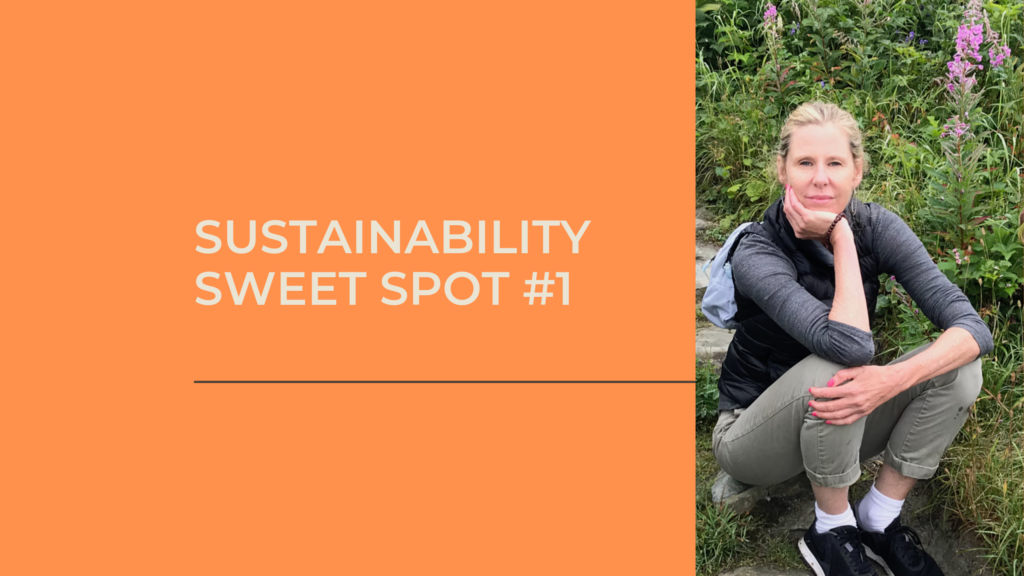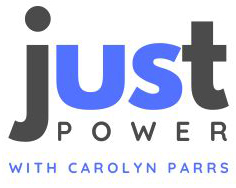07 Nov Sustainability Sweet Spot #1

Last week, I promised I would reveal the sustainability sweet spot we discovered, practice and share with our clients. Probably a more accurate term though would be “sweet spots”. Because what I am going to share with you the next few weeks is designed to work in concert. All of these sweet spots when integrated together make a powerful formula for success.
This very first piece might not seem mind-blowing at first, but I promise you if it’s not there, the rest won’t have much of an impact. As a matter of fact, if this piece is entirely missing, your sustainability efforts will fail. I have seen that over and over again. So, let’s not have that happen to you and start smart.
Sweet Spot #1: Lay Your Sustainability Groundwork for Strategic Growth
Sustainability isn’t something you can just Kermit-the-frog your way into with an “It’s Easy Being Green” message. Kermit tried that one Super Bowl Sunday with the Ford Escape Hybrid and guess what? The very next day, if you Googled “greenwashing”, Ford (and poor Kermit) owned the first 3 pages. Why? Because Ford skipped this very important stage of sustainability. Laying the groundwork.
Consumers are savvy these days. They know when a message is real and when it’s bogus. Don’t be bogus.
For Tesla, the very first sentence in their Google description says: Tesla is accelerating the world’s transition to sustainable energy. They live and breathe that statement every day. As a matter of fact, Laurie Shelby, Vice President of Environment, Health & Safety at Tesla, said to me at a conference recently that every single Tesla employee commits this mission statement to memory. There is nothing bogus about that.
So, what about you? Do you have yours down? If not, here are some foundational questions you can ask yourself and your team to lay the true groundwork for strategic growth through sustainability. Take some time with these. It’ll be so worth it.
1. What does sustainability mean to you? Your employees? Your stakeholders?
2. Is sustainability a core value of yours? Of your company? How can you close the gap?
3. On a scale from 1-10 (1 being lowest, 10 being highest), where are you on the sustainability scale? What would make you a 10?
4. What does it mean to be a sustainable (fill in the blank with your industry) company?
5. Is sustainability systemwide in your company or is it siloed to one department or person?
6. What percent of your capital expenditures are related to sustainability?
7. With which groups are you partnering regarding key sustainability initiatives? How can you up that?
8. Where do you stand on sustainability relative to your competitors? Where are they putting their stake in the ground?
9. How can sustainability take your business to a whole new level? Where could you have the biggest impact?
10. How can you work together to make your company the best on the planet?
A recent study by Unilever states that the current market for sustainable products is 2.65 trillion dollars with another trillion in market opportunities for companies that can communicate their sustainability attributes well. That starts internally.
Lay the groundwork now so that you have a true foundation for growth.







